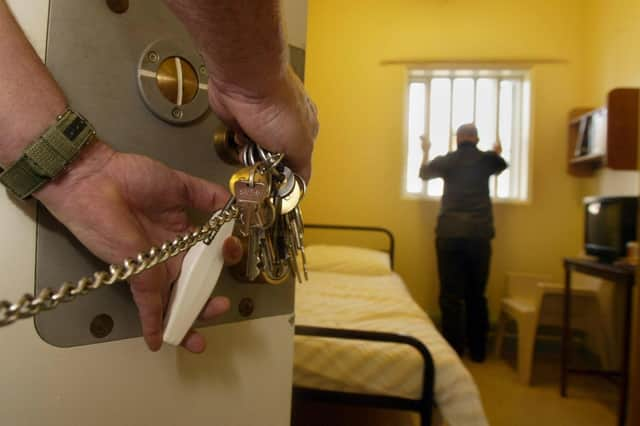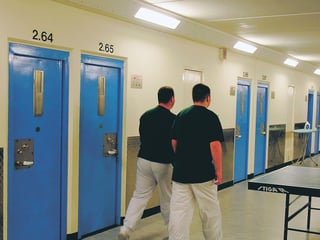Covid lockdown should help us understand just how devastating a punishment loss of liberty really is – Karyn McCluskey


Pre-Covid, I never needed to think twice about climbing a hill in the Trossachs, seeing friends or visiting relatives, beyond whether I wanted to do it. The state forbidding it can feel uncomfortable for many.
I have worked for many years with people who’ve had their freedoms removed by the state because of the crimes they’ve committed, sometimes for decades.
Advertisement
Hide AdAdvertisement
Hide AdI remember working in a prison health centre when a man, who’d been given 13 years, arrived to spend a few nights after being sentenced. He cried the whole night.
For this robust, impervious man, the thought of the life that would elude him during this sentence brought him to his knees, literally. The punishment meted out by the courts is deprivation of liberty, not prison itself – that’s just where it happens.
For all the bravado of some, the removal of liberty is a devastating event; and so it should be for some of the most heinous crimes.
The freedoms that we wear so lightly most of the time, have shrunk dramatically and, whilst there are some notable examples of people flouting rules, I’ve been overwhelmed and amazed at how many people have given up their freedoms (temporarily) for the good of all of us. This is no small ask; the removal of freedom is the most serious thing that the state can do to us, at a justice level and an individual level.
Some 26 per cent of the prison population are on remand right now and many won’t have court cases for some time because of the pandemic. Stuck in a dismal limbo. Knowing you are innocent until proven guilty must be of little comfort when you’re behind bars, not knowing when you will have resolution either way. So many of us are exercised about ensuring that court cases that can run, should run for this reason.
For many this time of reduced freedom will leave a legacy: funerals without mourners; cancelled weddings; babies born and growing up without the hugs and coos of wider family; domestic abuse; jobs lost; and a ripple effect that might take a decade to unfold. At the same time, many thousands of lives will have been saved. I always found prevention a hard sell. I think that’s changing.
We can be selfish creatures. My actions are excusable, yours incomprehensible; my liberty is my inalienable right, yours should be earned; my freedoms are on the house; yours, a little more costly. When this is over, I hope that we consider the rights of others a little less casually. That we not only treasure our own freedom more, but that of our neighbours, our fellow citizens and of humans across the world.
I hope that the impact of the restrictions we have all experienced propels us into a new Age of Empathy, where compassion, understanding and fairness are what drives our public services and institutions – and our discourse with each other. Call me naïve or an idealist but this is my hope. Unless we learn to see ourselves in the troubles and triumphs of others we will never truly understand the cost of lost freedom.
Advertisement
Hide AdAdvertisement
Hide AdKaryn McCluskey is chief executive of Community Justice Scotland
